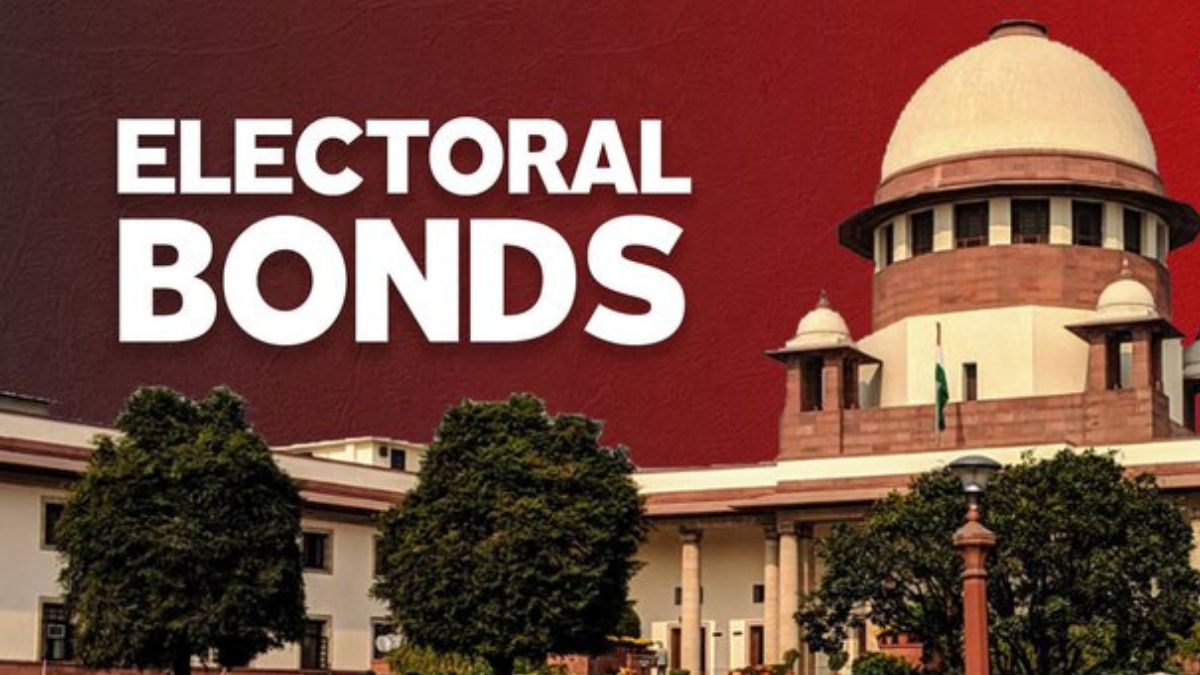SBI Complies with Supreme Court Directive, Submits Electoral Bonds Data to Election Commission
The bench, presided over by Chief Justice DY Chandrachud, took a firm stance on Monday, dismissing SBI's plea for an extension and compelling the bank to disclose the particulars of electoral bonds to the Election Commission by the close of business hours on March 12. This decision underscores the court's commitment to upholding democratic principles and ensuring accountability in electoral financing.

Advertisement
New Delhi : In adherence to a strict directive issued by the Supreme Court, the State Bank of India (SBI) has furnished the Electoral Bonds data to the Election Commission of India (ECI) on Tuesday. This significant development comes in response to a recent ruling by the apex court, emphasizing transparency in political funding through electoral bonds.
The bench, presided over by Chief Justice DY Chandrachud, took a firm stance on Monday, dismissing SBI’s plea for an extension and compelling the bank to disclose the particulars of electoral bonds to the Election Commission by the close of business hours on March 12. This decision underscores the court’s commitment to upholding democratic principles and ensuring accountability in electoral financing.
The Supreme Court’s directive also extends to the Election Commission, mandating the timely dissemination of information pertaining to electoral bonds on its official website. By 5 pm on March 15, the Election Commission is tasked with making the electoral bonds data publicly accessible, thereby fostering greater transparency and scrutiny in the electoral process.
Electoral bonds have been a subject of contention and debate, with concerns raised about the anonymity of donors and the potential for opacity in political funding. The Supreme Court’s intervention reflects a concerted effort to address these apprehensions and uphold the integrity of democratic institutions.
The submission of electoral bonds data by SBI marks a pivotal moment in India’s electoral landscape, as it signifies a significant step towards transparency and accountability in political financing. By providing access to crucial information about electoral bonds, stakeholders, including voters and civil society, can make informed decisions and hold elected representatives accountable.
As the electoral bonds data is handed over to the Election Commission and slated for public disclosure, it heralds a new era of transparency and accountability in political funding. The Supreme Court’s unwavering commitment to upholding democratic principles serves as a beacon of hope for a more transparent and accountable electoral process. With heightened scrutiny and access to information, citizens can play a more active role in safeguarding the democratic values enshrined in India’s constitutional framework.
Advertisement

